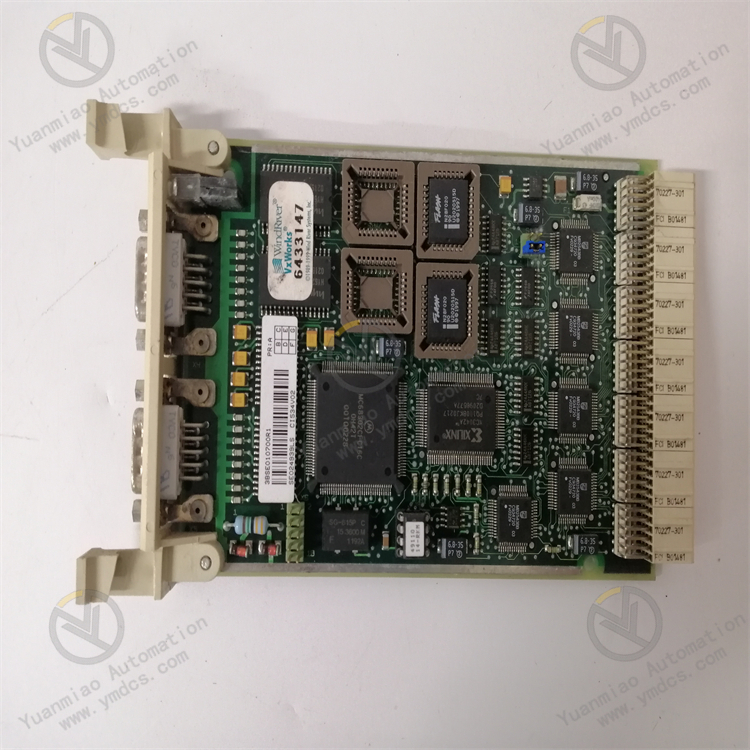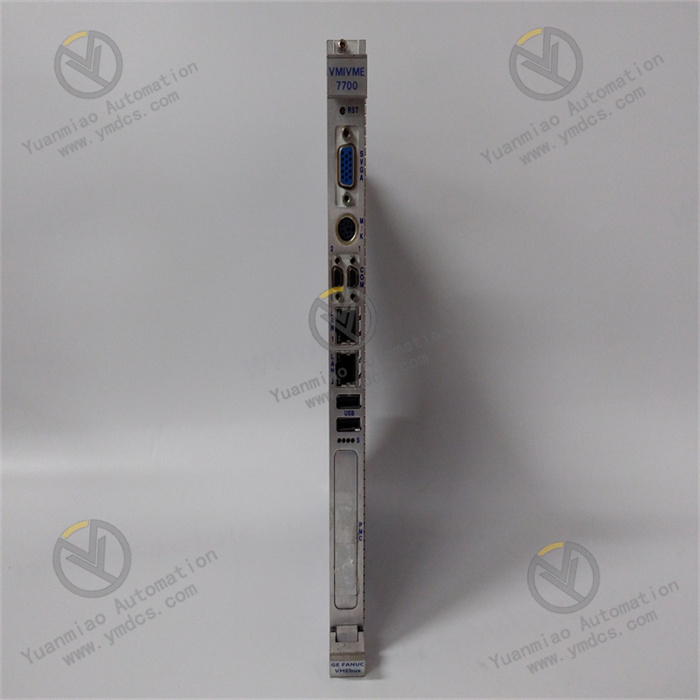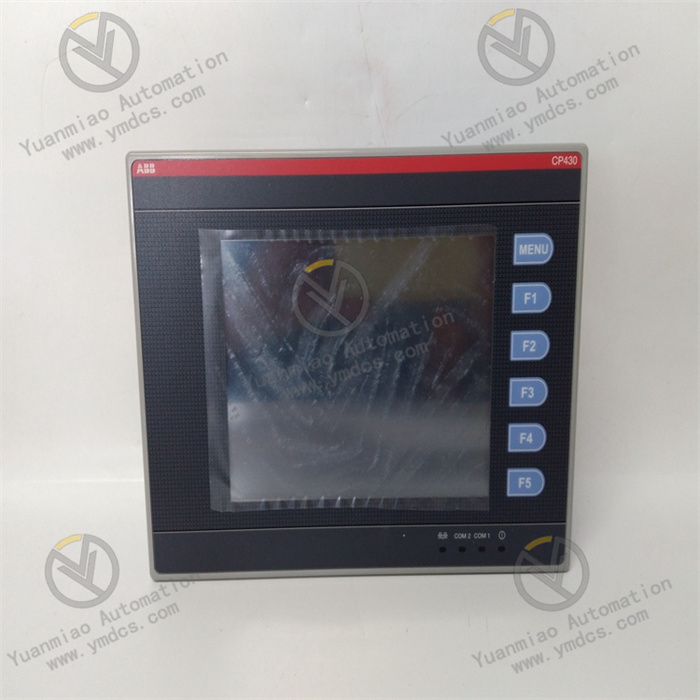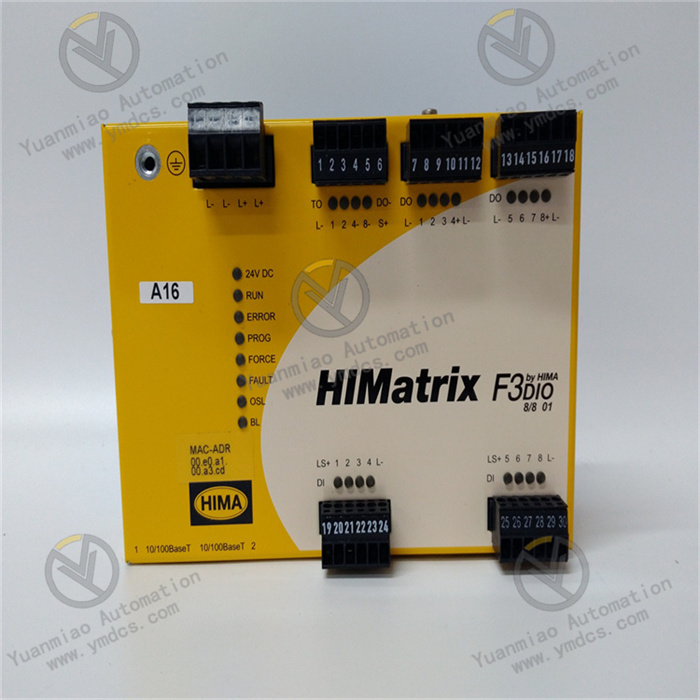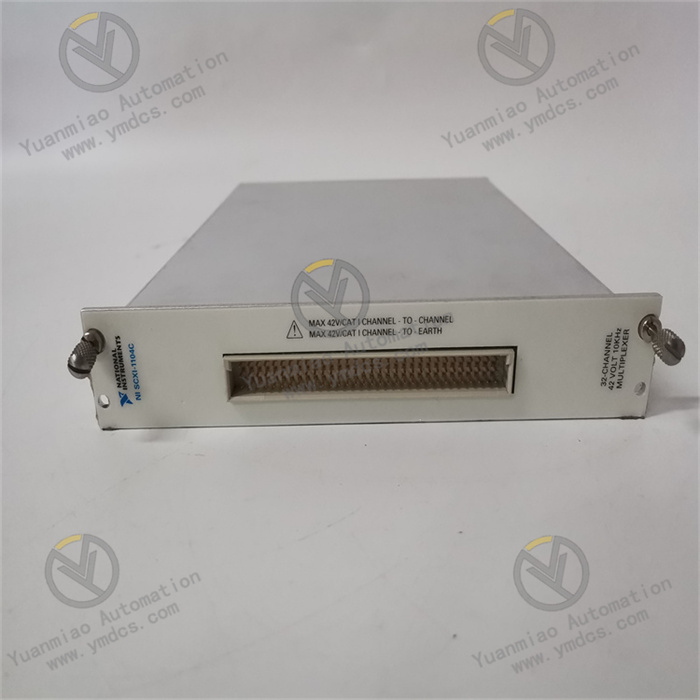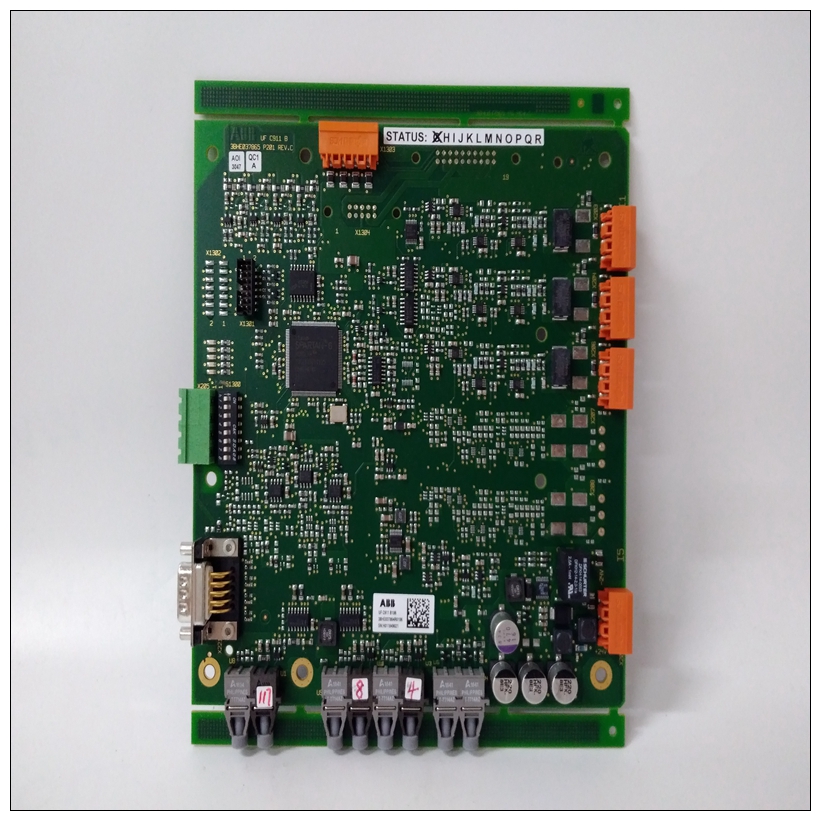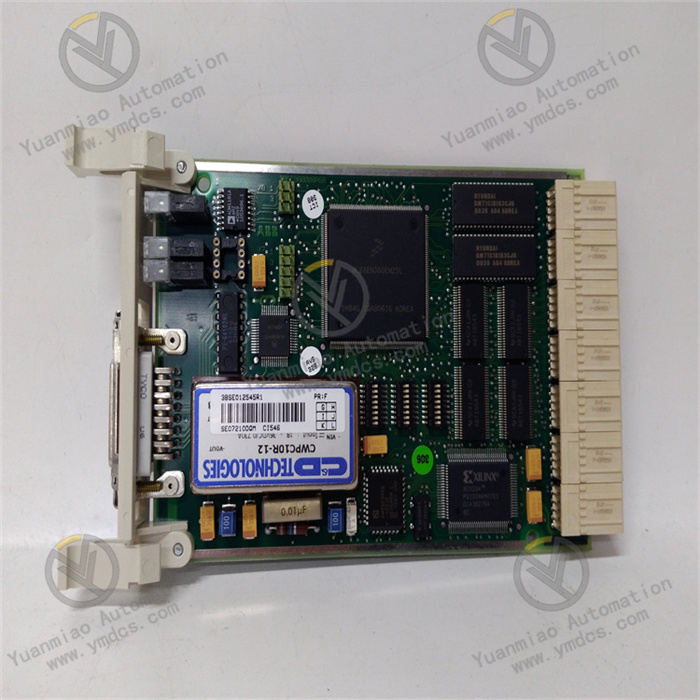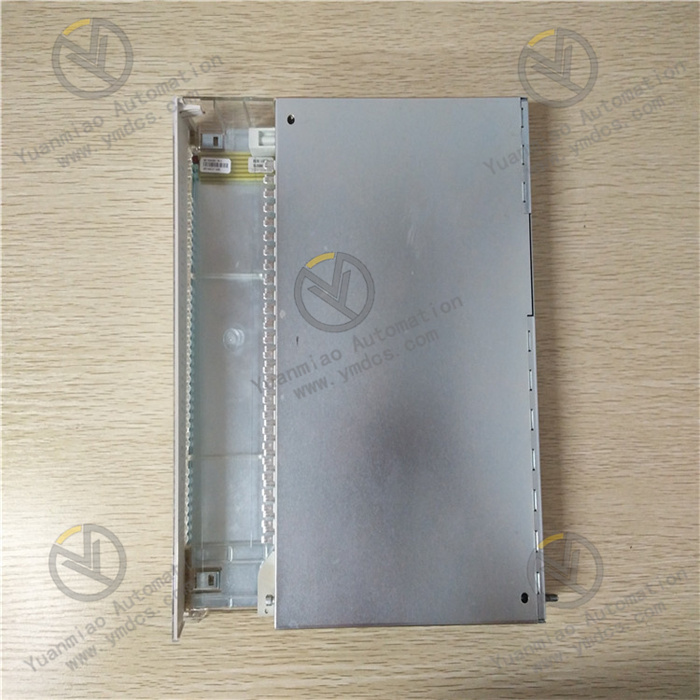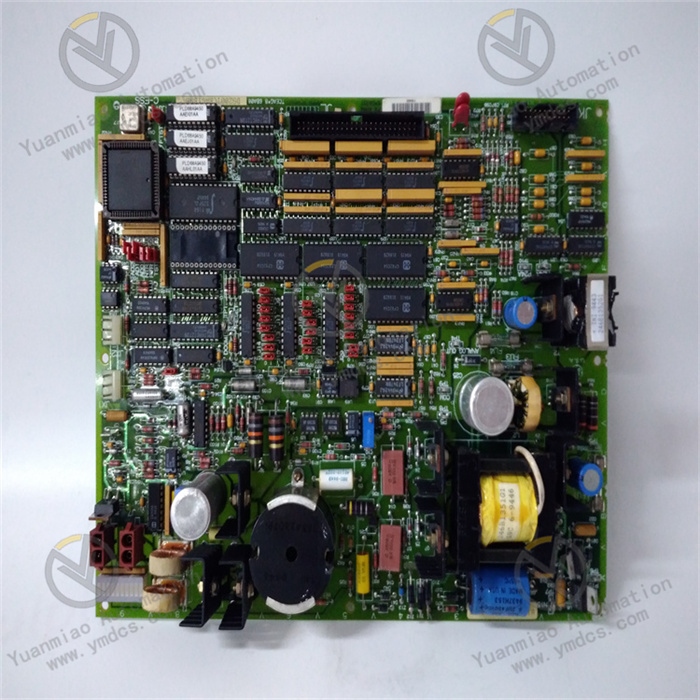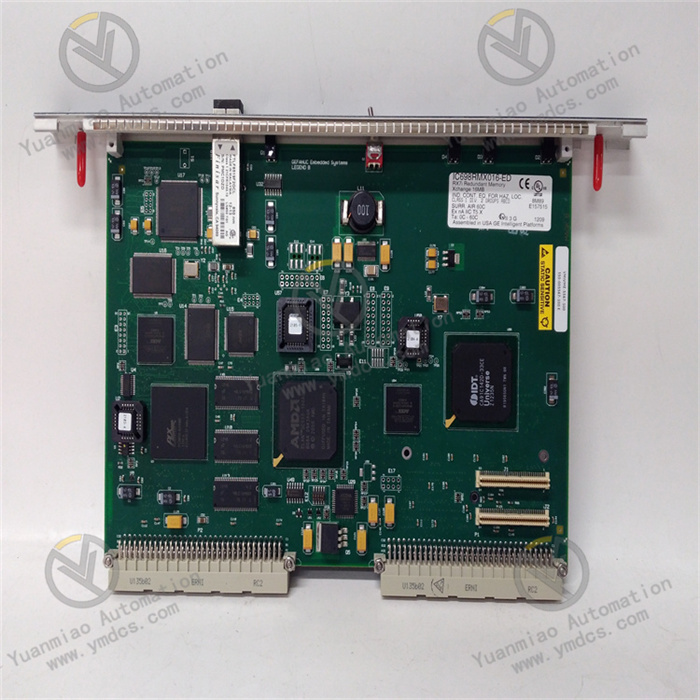Description
GE IS200ISBBG2AAB
I. Product Overview
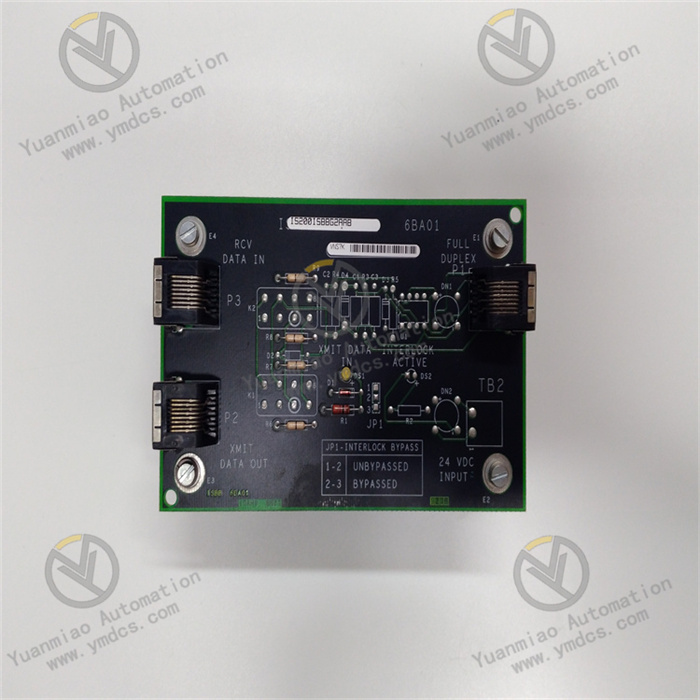
II. Technical Parameters
Signal Processing Capability: Supports a variety of common signal types, including digital signals and analog signals, and can be flexibly adapted according to the type of connected equipment. In practical application scenarios, such as turbine control systems, it can not only receive analog signals from sensors such as temperature and pressure, but also process digital signals from control units, and perform corresponding processing, conversion and forwarding, thus realizing the effective integration and application of various signals in complex industrial control systems.
Electrical Characteristics: The operating voltage range is usually 18 - 36 V DC. This relatively wide voltage adaptation range enables it to work stably in different power supply environments and has a certain tolerance for power fluctuations common in industrial sites. In terms of power, it is powered by a 12-watt power supply, and under normal working conditions, the power consumption is at a reasonable level, which will not bring too much burden to the system power supply. In terms of electrical compatibility, the circuit board is well-designed and can coexist harmoniously with other electrical equipment in the system, ensuring the stable operation of the entire system.
Hardware Composition: The circuit board has an exquisite layout, with various components distributed on both the upper and lower surfaces. The top surface is provided with a jack connector, and the board is equipped with two transformers of specific models (such as Halo TG 110 - EO 50 N 5 transformers), as well as six inductors, numerous transistors, a large number of resistors, capacitors and diodes. More than twenty integrated circuits are scattered among them, and it is particularly worth mentioning that the Field-Programmable Gate Array (FPGA) located at position U1 plays a core role in key functions such as signal processing. The bottom surface is also provided with additional connectors, resistors, transistors, capacitors and other components. These components cooperate with each other closely to complete various complex functions such as signal processing and communication.
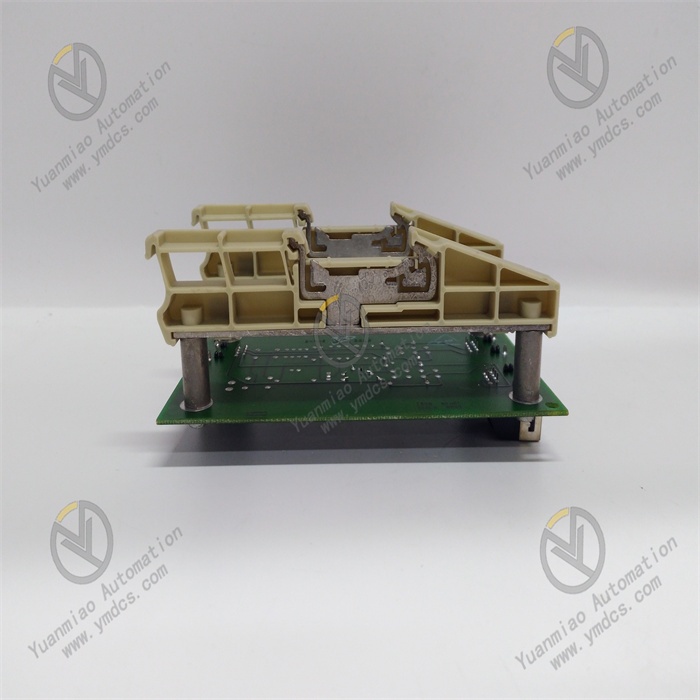
III. Functional Features
Modular Design: The modular design concept makes IS200ISBBG2AAB have significant advantages in installation and maintenance. In practical applications, once the module fails, technicians can easily disassemble and replace it, which greatly shortens the equipment downtime and reduces maintenance costs. At the same time, this design also facilitates system upgrading and expansion, allowing users to flexibly adjust the system configuration according to actual needs, enhancing the adaptability of the system.
Powerful Communication Function: With the help of the InSync bus interface, this module realizes high-speed and stable communication between different components in the system. It can transmit a large amount of data quickly and accurately, ensuring that key parameters during turbine operation, such as speed, temperature and pressure, are timely fed back to the control system, and at the same time, control commands are accurately transmitted to the corresponding actuators, thereby realizing real-time monitoring and precise control of the turbine, and meeting the needs of industrial production for efficient and precise control.
Signal Conversion and Processing: It can realize the conversion between different types of signals, converting the original signals collected by sensors into a format suitable for system processing and transmission. At the same time, it performs necessary processing and conditioning on the signals, effectively removing noise interference, improving signal quality and accuracy, providing reliable data support for the control system, strongly ensuring the accuracy of turbine control, and helping to improve the quality and efficiency of industrial production.
Isolation Protection: The use of advanced isolation technology effectively isolates electrical interference between different circuits, significantly improving the anti-interference ability and reliability of the system. In industrial sites, various electrical equipment will generate complex electromagnetic interference during operation, and the isolation protection function of this module can ensure that it works normally in such harsh environments, avoiding the adverse impact of interference on signal transmission and system control, and maintaining the stable operation of the system.
Support for Customized Functions: It can usually be customized according to the specific needs of customers, with high flexibility. Different industrial application scenarios have different requirements for turbine control systems. Through customized functions, this module can better meet the personalized needs of customers, create targeted solutions for customers, and improve the applicability and performance of the system in specific scenarios.
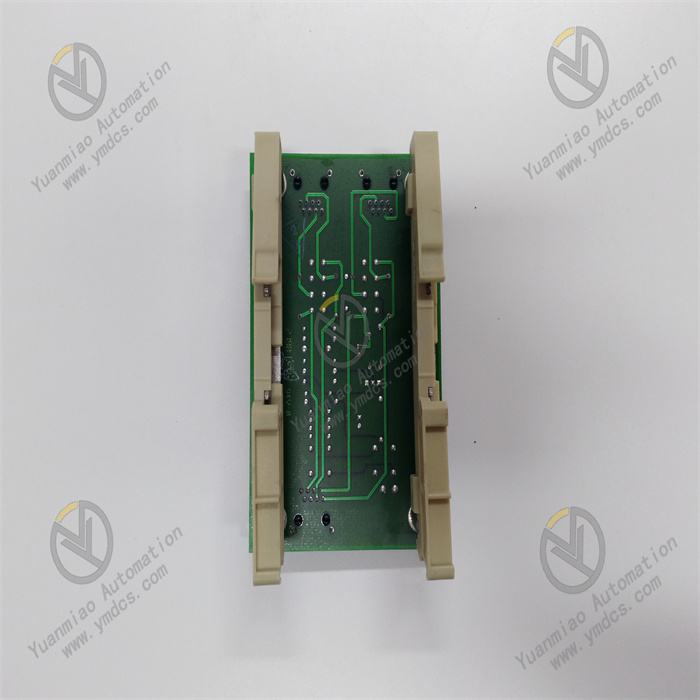
IV. Common Problems and Maintenance
Repair and Refurbishment: Once the module fails, a professional maintenance team can use professional tools and equipment to conduct rapid testing, diagnosis and repair in a controlled environment. There is usually sufficient inventory of spare parts required for maintenance, and the replaced parts are all of industrial grade, with performance meeting or exceeding the requirements of the Original Equipment Manufacturer (OEM). After the repair is completed, a comprehensive functional verification test will be conducted on the module to ensure that all functions return to normal, and corresponding quality assurance services will be provided. For modules that have been used for a long time but are not completely damaged, refurbishment can extend their service life. The refurbishment process includes steps such as replacing aging and easily failing components, making technical improvement and upgrade (TIL) modifications as needed, performing reflow soldering on solder joints to eliminate cold solder joints, thoroughly cleaning the circuit board in accordance with industrial standards, and applying a protective coating.
Functional Verification Testing: To ensure the reliability of IS200ISBBG2AAB, functional verification testing is usually carried out in the actual OEM system setup. During the test, all inputs and outputs of the module are verified individually to ensure that each channel functions normally. Depending on the specific type of the module, load testing may also be conducted to evaluate its stability and performance under different load conditions, so as to ensure that the module can work stably and reliably in practical applications and provide solid support for the stable operation of industrial production.


